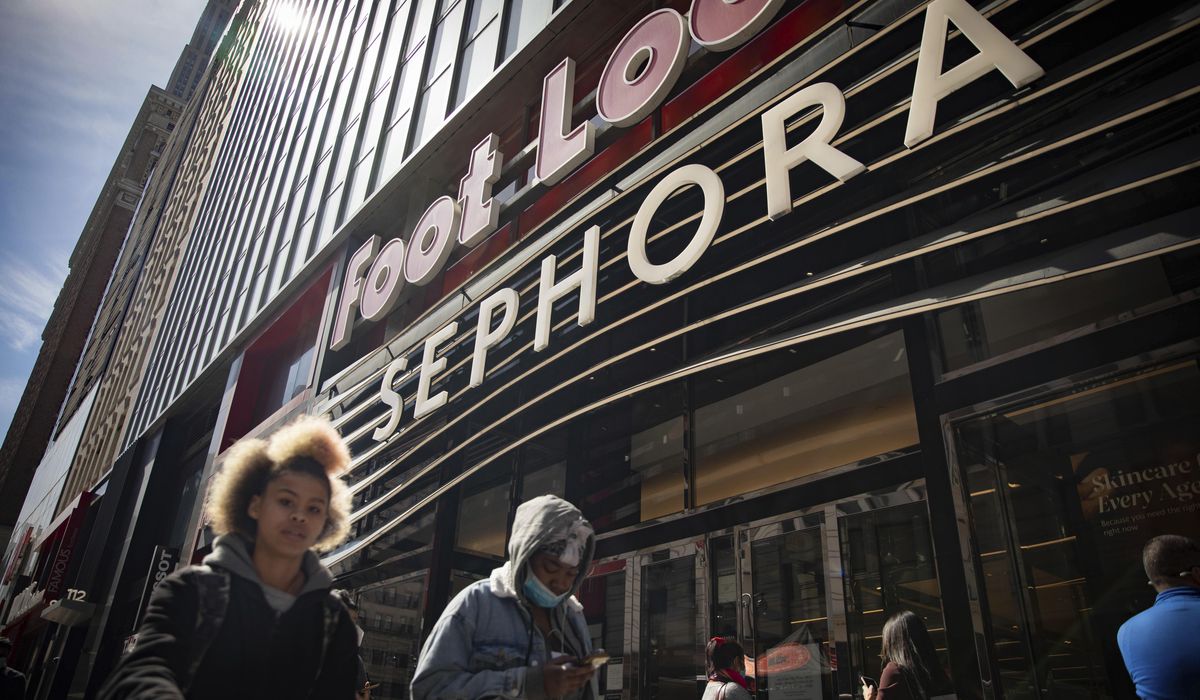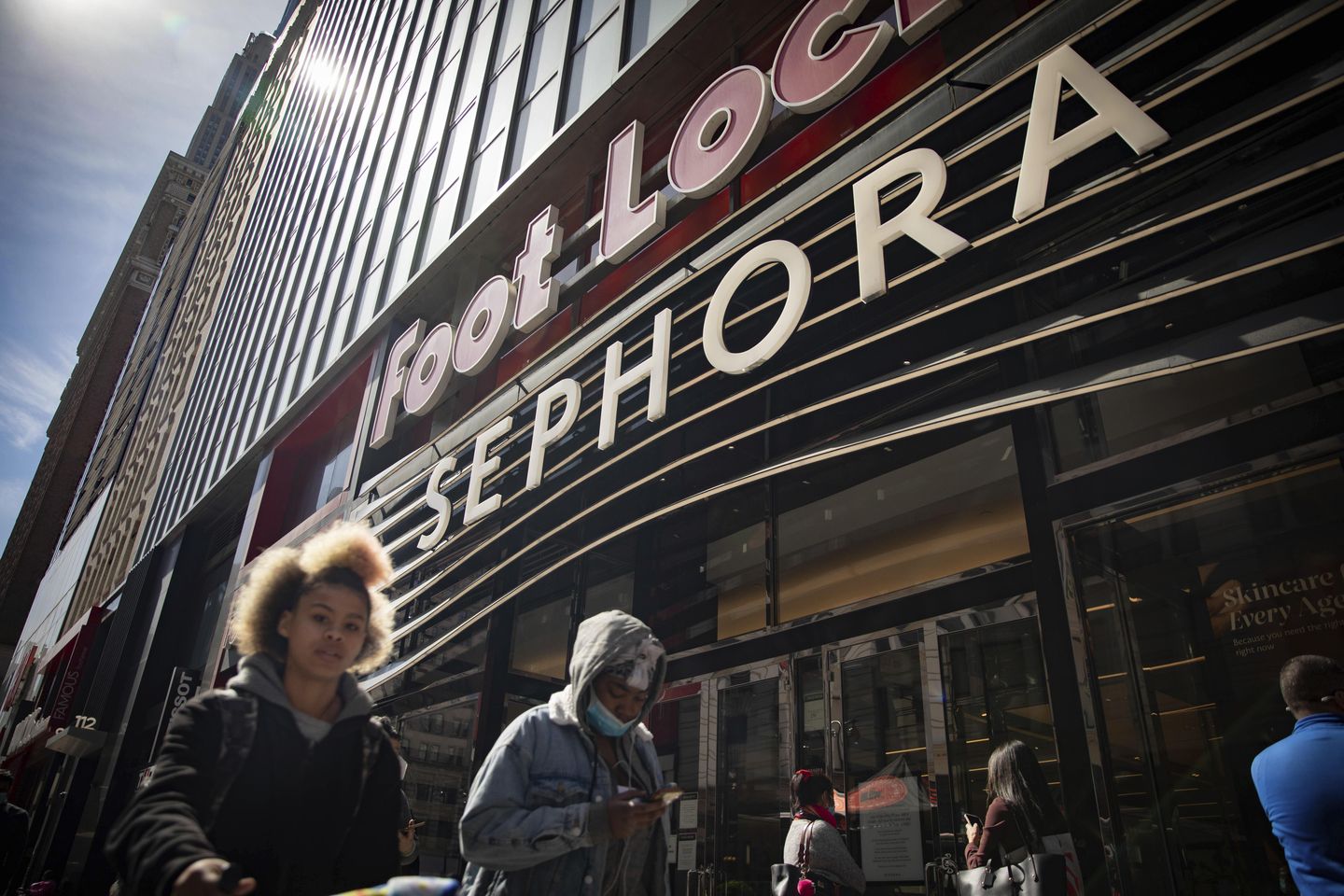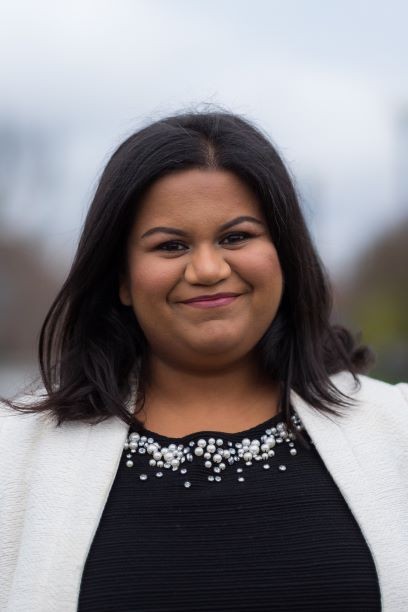Black-owned small businesses hit harder by inflation, reports show


High inflation has hit Black-owned small businesses harder than others during the pandemic era, exacerbating the racial wealth gap, business investment experts say.
“Structural barriers such as lack of capital investments, relationships with banking institutions and supportive business networks lead to challenges and hurdles that non-minority business owners don’t often deal with,” said Rick Wade, senior vice president of strategic alliances and outreach for the U.S. Chamber of Commerce.
Cedric Nash, founder of the Black Wealth Summit investment conference, points to 2020 U.S. Census data showing that quarantines forced 41% of Black-owned businesses to close during the first year of the pandemic. That’s higher than the 29.7% of all small businesses that closed from January to December 2020, according to TracktheRecovery.org, a project of Harvard and Brown universities.
“As we began to recover from COVID, we experienced the highest level of inflation since 1981, making the cost of food, transportation, housing, rent, clothing, travel and eating out unbearable,” Mr. Nash said in an email. “The staggering racial wealth gap continues to cripple us, making it difficult for us to make progress.”
Mr. Wade, Mr. Nash and other financial experts have cited data showing that Black Americans have struggled financially more than Whites and that high COVID-19 infection rates in urban areas shuttered Black-owned small businesses longer than others.
• A Harvard University poll released in August found that 55% of Black Americans were having “serious financial problems” due to inflation, compared to 38% of White Americans. Black respondents were also more likely than Whites to lack enough emergency savings to cover at least one month of expenses (58% to 36%) and to have serious problems affording food (32% to 21%).
• Black households face higher price volatility than White households because they devote more of their spending to necessities with fluctuating prices, the Federal Reserve Bank of Minneapolis reported in April. According to the bank’s Opportunity and Inclusive Growth Institute, every 7% increase in prices for White households means a 7.5% increase in Black homes.
• During pandemic lockdowns in August 2020, the Federal Reserve Bank of New York reported that two-thirds of counties with high levels of Black business activity before COVID were in the top 50 affected areas. The bank said data from counties nationwide showed Black-owned businesses were more likely to be located in quarantined COVID-19 hot spots.
“The government and business community need to work together and bring their expertise, strengths and assets to the table in order to close the opportunity gaps,” Mr. Wade said in an email.
Meanwhile, the National Black Chamber of Commerce and the National Business League recently launched an advocacy network to help support the nation’s 3.2 million Black-owned small businesses.
More than 50 business groups have pledged to attend the first forum of the new National Alliance for Black Business in February in Washington, D.C.
“Black businesses are always disproportionately affected from all angles by inflation and recession,” founding member Kenneth L. Harris, president and CEO of the National Business League, said in an email. “Black businesses have always been impacted by some form of inflation or a recession due to the historical barriers that were in place.”
Among the alliance’s planned initiatives is a Black equity and inclusion “scorecard,” intended to hold corporations accountable for the $50 billion they pledged to Black communities during pandemic-era racial justice protests.
Much of that money has never materialized, alliance officials say. And the Federal Reserve Bank of New York reports that only 20% of eligible businesses in states with the highest density of Black-owned firms received Paycheck Protection Program (PPP) loans in August 2020.
Financial relief cannot come soon enough for some Black small business owners.
Kimberly Buford, owner of the 2 Southern Belles food truck in Alabama, says the increased costs of gas and food have made it unclear whether she will be able to stay open. She has already spent the PPP money she received during the pandemic.
“It’s kind of ridiculous the cost of food,” Ms. Buford said. “What do we as owners do? The best we can. And pray. We got nowhere to go but up from here, we hope.”
[ad_2]
Share this news on your Fb,Twitter and Whatsapp
NY Press News:Latest News Headlines
NY Press News||Health||New York||USA News||Technology||World News





